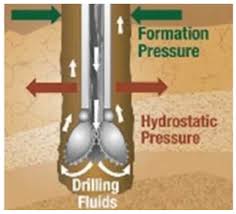
A Mud Engineering Course for upstream field professionals
$ 500
Course details
Course suitable for
Training details
This is a live course that has a scheduled start date.
Live session
Our Alumni Work At
Why people choose EveryEng
Industry-aligned courses, expert training, hands-on learning, recognized certifications, and job opportunities—all in a flexible and supportive environment.
- Industry Veteran
- Trainer Review

SLB
I never imagined an online learning platform could be this effective! EveryEng’s courses are top-notch, the mentors are industry experts, and the skills my team gained have made a real difference in the performance!"

ADNOC
EveryEng is an amazing platform for engineers looking to upgrade their skills. The detailed lessons, practical approach, and expert guidance make learning enjoyable and effective. I highly recommend it!

Electric Hydrogen
EveryEng is more than just a training platform - it's a career catalyst! Their expert instructors, real-world projects, and job assistance helped engineers transition into a successful engineering professional.

Penta Global Engineering
Engineering education should be hands-on, and that’s exactly what EveryEng provides. From interactive Q&A sessions to on-the-job training, this platform offers everything a modern engineer needs to succeed!

Subsea7
I was searching for a reliable platform to expand my engineering knowledge, and EveryEng exceeded my expectations. The content and courses are well-structured, informative, and taught by experienced professionals. A great platform for Engineers!
Questions and Answers
No questions yet - Be the first one to ask!











